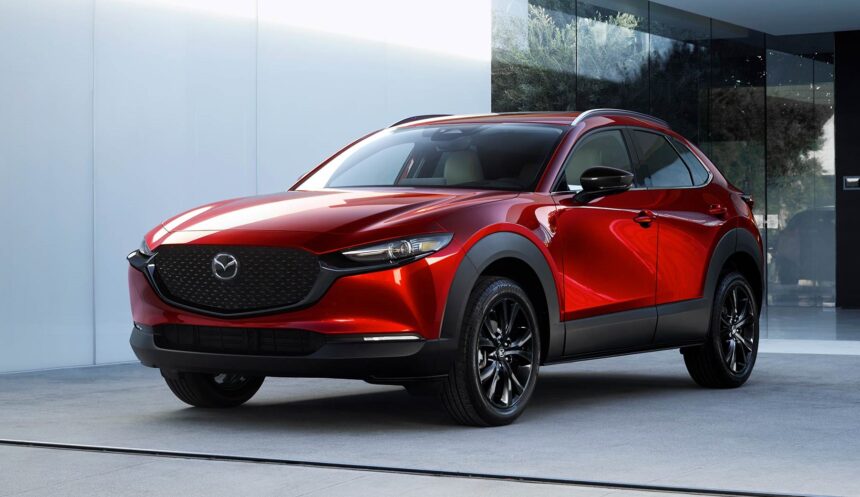Mazda Motor has announced that it will be putting a hold on its investment plans in Mexico until further clarification is provided regarding the proposed import tariffs by newly-elected US President Donald Trump. The Japanese automaker expressed concerns about how the trade policies of the new US government could impact its investments in Mexico.
Currently, Mazda is on track to produce 210,000 vehicles in Mexico this year, with an increase from 203,000 in 2023. The company anticipates selling a total of 100,000 vehicles in Mexico, with the remaining production being exported primarily to North America. Approximately 30% of Mazda’s US sales are sourced from Mexico.
Donald Trump’s plan to impose a 25% tariff on imports from Mexico and Canada next year has raised alarm among automakers with operations in the region, including Stellantis, Ford, GM, as well as Japanese and European manufacturers. The proposed tariffs are part of Trump’s strategy to incentivize companies to bring back investments to the US, a move that could significantly impact the automotive industry in Mexico.
In response to the potential tariffs, Mazda Mexico director Miguel Barbeyto stated that while they want to continue investing in the country, the introduction of new import duties in the US could affect the company’s future business decisions. The uncertainty surrounding the trade policies has prompted Mazda to reassess its investment plans in Mexico.
In addition to the proposed tariffs on imports from Mexico, Trump also plans to impose an additional 10% tariff on general imports from China. This move could further disrupt the global supply chain and impact the automotive industry as a whole.
Tom Donnelly, head of Mazda’s US operations, mentioned that if the new tariffs are implemented, the company would utilize spare capacity at its joint venture plant with Toyota in Alabama to replace imports. Mazda has been preparing for various scenarios and is ready to adapt to changing trade policies.
The automotive industry is closely monitoring the developments in trade policies under the new US administration and assessing the potential impact on global supply chains. The uncertainty surrounding import tariffs and trade relations is prompting automakers like Mazda to reconsider their investment strategies and adapt to the evolving landscape of international trade.





